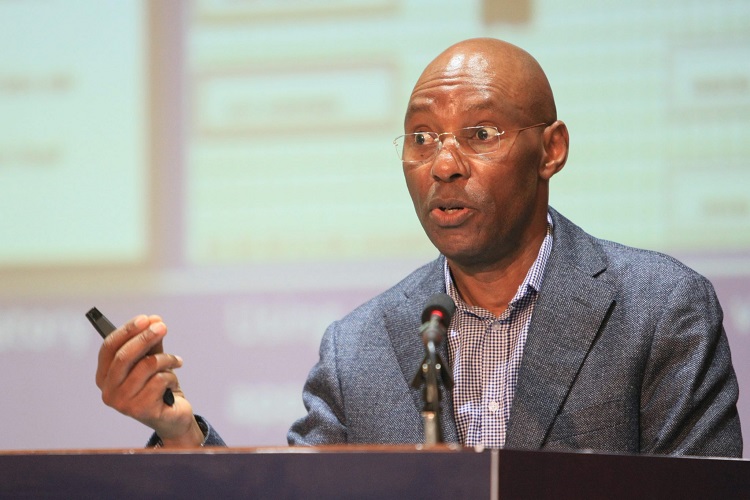The newly introduced social media tax is still dominating discussions across multiple platforms, to the extent of attracting international attention through the press.
The vast majority of Ugandans have shown they are seriously opposed to the tax, and this has been shown through tough-worded statements on social media, press, and some have even gone an extra mile of organizing protests.
A case against the tax has already been filed in the constitution court by a group of five working alongside a company dubbed Cyber Law Initiative. The tax is being protested on various grounds, but there are two main reasons that have really stood out, and one is that the opponents argue that they can’t pay the tax when government has shown a track record of misusing such monies and the second is the way it is being charged.
Most opponents of the social media tax say that a) government, instead of imposing the tax on the end user, a way should be found on how to get this tax from the over the top services (OTTS) that have been blocked so that one pays Shs200 daily to access them b) opponents also say that if government must charge these taxes they should be charged indirectly through airtime or data bundles rather than for citizens having to pay them directly.
The increased rage on social media has not been ignored by government and it has led to some government officials offering offbeat statements, especially politicians who know that they have a price to pay for their actions when the polling season returns.
As we talk now the government is already taking steps to see how the current policy can be shaken up to calm down the storm. One of the implementing organs, the Uganda Revenue Authority, has already said that they are already working on revising the current method of collecting the tax. The ICT minister Frank Tumwebaze also proposed a dialogue involving various stakeholders and a date for that is yet to be fixed.
Must Read: MTN: ISO men failed to compromise our ‘robust’ data center
And just yesterday, Eng. Godfrey Mutabazi, who heads the Uganda Communications Commissions, which has been at the center of the social media tax uproar, acknowledged that the current state of affairs is not the best, saying that the debates that have been trickling down since the tax was introduced at the beginning of this month, will help guide the government in its future planning.
In principle we can agree that it is desirable that OTT providers contributed to the economy and national development. How? For Uganda, user are paying for the opportunity to enjoy the technology benefits similar to when using traditional services, were we all contribute in tax. https://t.co/acJ838ERTz
— Godfrey Mutabazi (@UCC_ED) July 9, 2018
Now that technology allows us to benefit from voice and messaging services using these bypass services (OTTs), the contribution is being picked from the consumption end rather than collected via service provider. The ensuing debate is rather constructive for reviews in future.
— Godfrey Mutabazi (@UCC_ED) July 9, 2018
He was responding to the technology entrepreneur Stone Atwine, who has been one of the key vocal figures in resisting this tax. But Mutabazi’s response received tough responses from tweeps, especially Silver Kayondo, a lawyer among those that have sued the government, who said that the government should have listened to earlier voices instead of waiting to see all this unfold.
The debate must have been had through a consultative process before the OTT tax was imposed. You don't wait until you are cornered by a woke social media community, and then start pontificating how the ensuing debate will contribute to the tax policy review later! #ThisTaxMustGo https://t.co/qkqe81XDyo
— Silver Kayondo (@SilverKayondo) July 9, 2018
Related
UCC to suspend Africell license over unlawful sale of SIM cards
UCC’s Atengo elected to global satellite organization’s panel
UCC to install 15 ICT labs in 4 Ugandan regions
UCC warns broadcasters; spells out digital media rules

